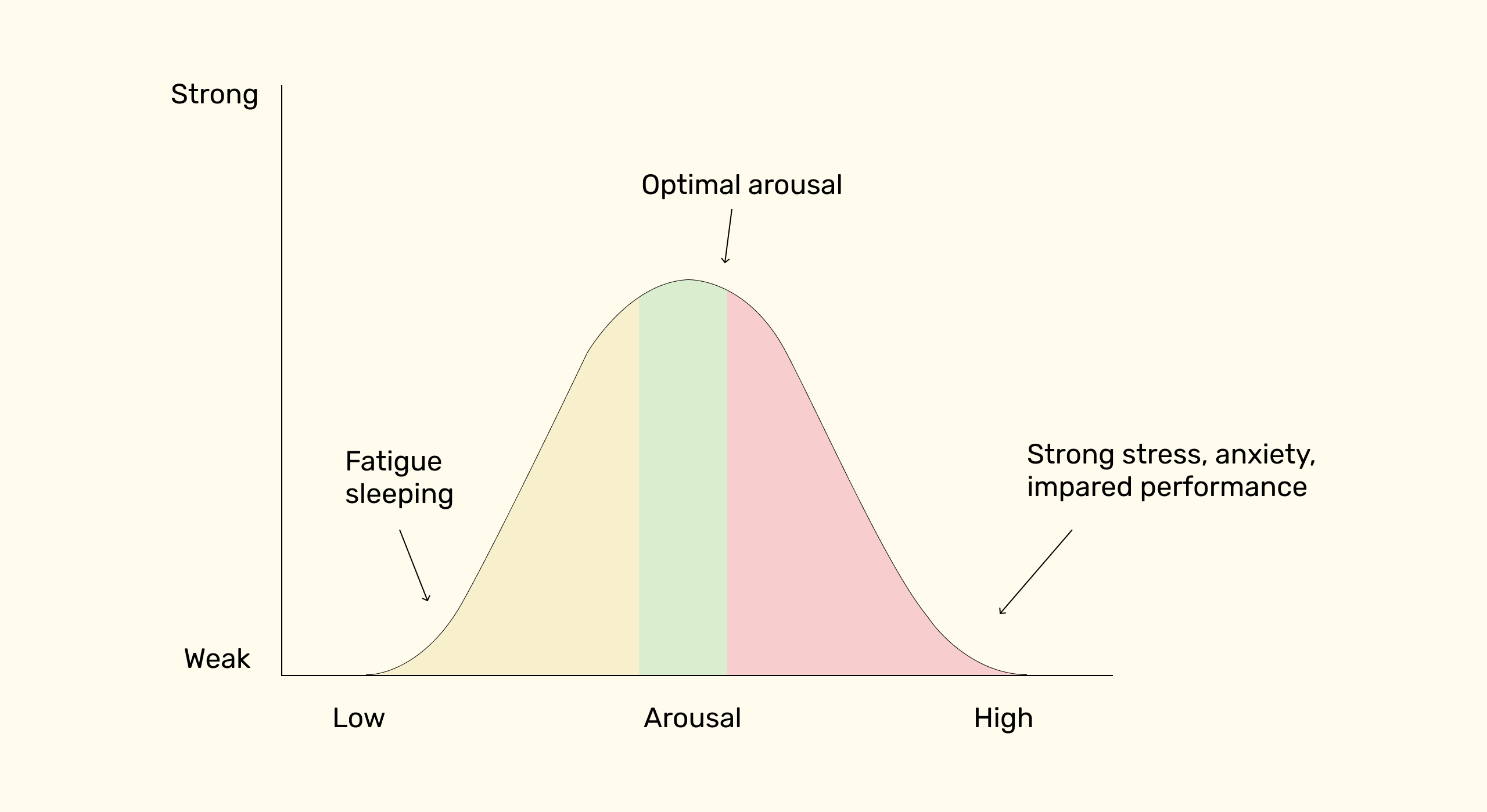Why Meditation Matters

About 1.5 years ago, I had started out a new role as an Account Executive, and six months into this new position, I was burnt out. Aside from challenges in my private life, it felt like the pressure of my job was crushing me. When I was not working, I was thinking about work, but not in the positive sense of being passionate and fired up about your task at hand. Rather, I felt that I was never doing enough to meet the expectations of my employer - even reassurance from my team did little to calm my nerves.
I got curious as to why this was the case. Obviously others were managing to do the same job, but with a more relaxed and positive attitude towards their profession. I looked at other AEs in my field and noticed not only a gap in my skillset but also who I was as a person. I sought help from a coach who specializes in mindfulness and meditation, and in the following months, we began to get to the root of my constant anxiety. I never consciously allowed myself to rest and calm myself down because of the fear of underperforming if I did - the fear that if I released some tension, I would become complacent.
The belief is wrong, but I can understand where it comes from - as a society, we always brag about how stressed and overworked we are. The people at the top of their game are often stressed and overworked, and they are vocal about just pushing through and just grinding it out. But evidence suggest that stress inhibits performance rather than enable it.
The most cited and foundational study in this field is the Yerkes-Dodson Law (1908)—a psychological principle that remains central to our understanding of how stress affects performance. In their experiment, Robert Yerkes and John Dodson observed that performance increases with physiological or mental arousal, but only up to a point

Beyond that, further stress leads to a steep decline in effectiveness. This created the famous inverted U-shaped curve, showing that while moderate stress might energize, high stress overwhelms the brain’s cognitive resources. Later neuroscience confirmed this, with studies showing that excessive stress impairs the prefrontal cortex, the area responsible for complex thinking, working memory, and self-control.
Understanding this curve changed the way I thought about performance. I realized that my constant state of tension wasn’t a sign of commitment—it was dragging me into the red zone where performance actually suffers. If too much stress impairs the very part of the brain responsible for focus and good decision-making, then pushing harder wasn’t the answer.
What I needed was a tool to stay balanced and mentally sharp. That’s when I turned to mindfulness and meditation—not as a last resort, but as a strategy to stay in that optimal zone of performance without burning out.
My coach showed me different breath work exercises to do and together we analyzed and talked about what I was experiencing while meditating, and what I could do better to ease my nerves. The work, however, went beyond just becoming „better“ in general. It became about my value system, and also the vital question of who I want to become and why. We often chase extrinsic goals that along the way we lose track of the very important question of who we actually want to be. Ignoring this can also lead to faster burn out and dissatisfaction in your career. Mindfulness will help you notice you trigger points but also the side of you that wants to be developed and nourished in a positive way.
The benefits I’m describing are by no means new to any one who has read up about this field. Looking at how popular influencers like Wim Hoff have become, attracting millions of followers around the world, and the rise of meditation apps and workshops, it’s clear that more and more people are hopping on this trend. Given that working in sales is constant pressure to deliver results, I could not imagine my life at this point without the habit of meditating, finding 10-15 minutes a day where I can be present with myself and check in with my surroundings before the storm of emails, video-meetings slack messages invades my mental space.
What about you, do you meditate?
If you like my content, don’t forget to subscribe my newsletter to receive nuggets like this in your inbox a few times a month.